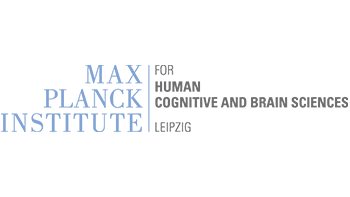Paper of the Month 11/2024
McFleder RL*, Musacchio T*, Keller J, Knorr S, Petschner T, Chen JZ, Muthuraman M, Badr M, Harder-Rauschenberger L, Kremer F, Asci S, Steinhauser S, Karl AK, Brotchie JM, Koprich JB, Volkmann J, Ip CW.
Brain Behav Immun. 2025 Jan:123:851-862. doi: 10.1016/j.bbi.2024.10.039. PMID: 39481497
Abstract
Immune dysregulation in the brain and periphery is thought to contribute to the detrimental neurodegeneration that occurs in Parkinson’s disease (PD). Identifying mechanisms to reverse this dysregulation is key to developing disease-altering therapeutics for this currently incurable disease. Here we utilized the longitudinal data from the Parkinson’s Progression Marker Initiative to demonstrate that circulating lymphocytes progressively decline in PD and can be used to predict future motor symptom progression. Deep brain stimulation (DBS), which is used as a symptomatic treatment, could halt this progressive decline. By analyzing specific immune populations from a second cohort of patients, we could show that DBS causes a shift from the pro-inflammatory CD4+ T helper 17 cells driving neurodegeneration to anti-inflammatory CD4+ regulatory T cells. RNA-sequencing and immunohistochemistry in the brain of the A53T alpha-synuclein rat model of PD revealed that DBS also decreases neuroinflammation. These data suggest a potential disease-altering role for DBS by halting inflammatory processes.










